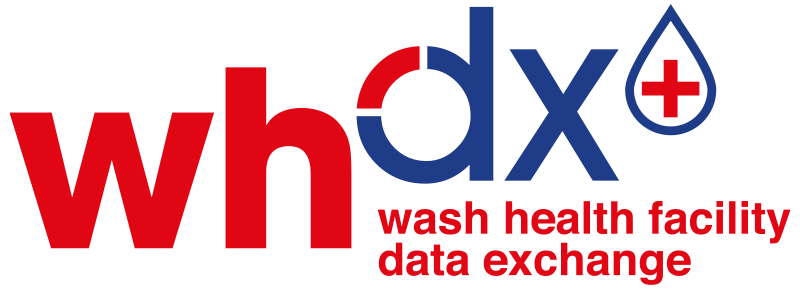Sierra Leone, like many countries, has received significant international support to collect data about rural water services. As is typically the case, valuable information about rural water services has been collected both through large-scale national inventories and small-scale monitoring efforts by NGOs of their own work. Despite massive investments in data collection, this data remained largely unused – aside from some simple summary statistics. When local governments needed to make important decisions – where to build water points and which services to rehabilitate – these decisions were, “done by assumption and political decisions.” Despite the wealth of data available, critical decisions were still being made by a best guess.
There were two fundamental reasons that the data was not routine used. First, the data available was incomplete. It had not been regularly updated, and the wealth of data collected by each NGO remained fragmented. The bigger challenge, however, was that data analysis is hard. Most district water officials, whether in Sierra Leone or anywhere else, do not have the ability to analyze large datasets to generate insights on specific actions to take. While summary statistics can help measure services, they often fall short when trying to make tactical decisions.
WPDx worked with the Ministry of Water Resources to solve both of these issues. The Ministry of Water Resources launched the National Digital Monitoring Approach, which included a requirement that all data be shared to the Water Point Data Exchange’s global data repository. This harmonized fragmented data and allowed many different sources to stitch together the most complete picture of water services in Sierra Leone’s history. Building on this, the Ministry engaged a local university to host a training for all district officials on how to use the WPDx decision support tools. Finally, they worked with the Ministry of Finance to pass the first national directive requiring the use of WPDx decision support tools in all investment decisions for rural water services.
Today, district officials across the country are using WPDx tools to harness evidence and improve the way water decisions are made for millions of people in Sierra Leone. Desktop models suggest that using data in this way can improve efficiency by as much as 25%, allowing governments to reach ¼ more people than they otherwise would with the same budgets. This increased efficiency is enables Sierra Leone to accelerate progress towards achieving the SDGs and leading the African continent in the use of data.
You can hear how WPDx has transformed the water sector in Sierra Leone directly from the M&E Manager for the Ministry of Water Resources in a short video, available here.
